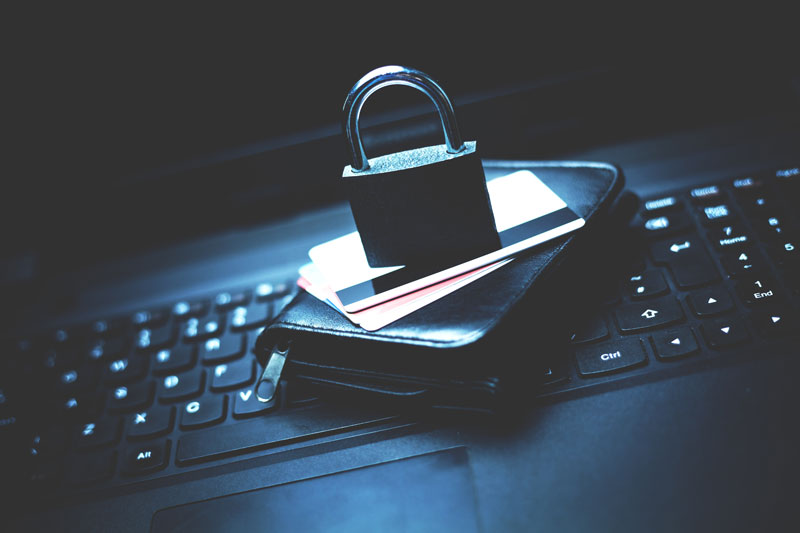12
July 2019
1 in 12 People Couldn't Spot a Fraudulent Transaction - Here Are 5 Top Tips To Keep Your Account Secure
A recent study carried out by YouGov has shown that 1 in 12 people wouldn’t be able to differentiate a fraudulent £20 being spent on their account from a legitimate one.
While 1 in 12 might not seem like a large amount, considering the 65 million active current accounts in the country, this puts approximately 5.4 million of them at risk of fraud. The research also showed that 1 in 7 people check their bank account once or month or less, meaning that they risk not catching out any fraudulent activity.
In fairness it can be difficult to keep track of one’s finances, more subscriptions services than ever combined with the rise of card and contactless payments have turned your monthly statement into a jungle of outgoings making a fraudulent tricky to spot. With cyber-crime on the rise, it is becoming more and more important to not only be on the lookout for any kind of fraudulent activity but also to prevent it where possible. We’ve put together a few quick pointers to ensure that your bank statement stays above board.
1. Check your account
As discussed previously many people do not check their balance enough and if they do there is always a high chance that they do not scrutinise payments. While it clearly isn’t feasible to do a deep dive audit of your own finances every day, reviewing money going out of your account on a weekly basis is a good habit to get into. While it might be easy to discard small payments of say £5 or £10 as ‘something I might have bought’, it’s always worth chasing up and checking to see if it was you. It may be small amounts of money at first but if you aren’t checking up on it you always run the risk of someone taking larger amounts.
2. Use online banking
An easy way to make sure you are checking regularly is to make use of online or mobile banking services, rather than relying on monthly paper statements. Many banks also offer services where they alert you of any purchases being made on your account, meaning that if you see anything suspicious you can alert your bank quickly.
3. Read up on any common scams
Bank scams can come in many forms, a lot of the time someone will call you up or email pretending to be your bank and asking for your details in order to verify. Banks can’t stress enough they will never contact you and ask for your details, so if someone does it most certainly isn’t your bank. Another trickier one to look out for is ATM scams. Sometimes people will place a machine on top of an ATM reader which will take all of you card details, if something looks off to you make sure you check to see if anything additional has been affixed to the front of the ATM. There is also the possibility that someone’s has placed cameras to see your pin number, so make sure you cover the keypad whenever entering it.
4. Up your security
Making sure that you have a strong antivirus software and a firewall on your computer is a great way to prevent would be hackers from accessing your personal details. Having strong passwords on your computer and phone will help this as well and when possible, multi-factor authentication is a great way to prevent someone accessing your computer even if they have your password. The same applies for your online banking accounts – change your passwords regularly to keep extra secure.
5. Destroy the evidence
If you are throwing away an old card or binning some statements it might be tempting to just throw it in the bin as realistically who’s going to be looking? It’s always worth being extra careful, though, and if you are going to be disposing of anything that has sensitive information on it, a good habit to get into to make sure it won’t fall into the wrong hands. Burns it, shred it or tear it, but just make sure that anyone snooping around won’t be able to read it.





